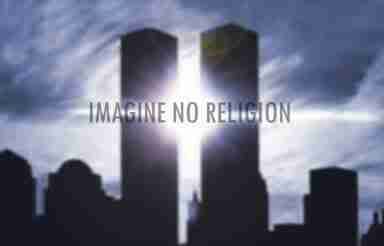When I have the flu I seem to gravitate towards Something Awful, as I did this winter. The fever was bad enough that I found myself reading Something Awful articles about Second Life. Second Life, you may know, is the more famous of online 3D environments that are less like games and more, well, just environments really — what we used to call a "MUD" back in the day. (If you don't know what Something Awful is, you're probably happier not knowing, trust me.)
From there I heard about this person, who apparently holds three degrees but spends most of her time going on about how Second Life, which is run by a private company on centrally-controlled servers, fails to be all things to all punters and provide utopian cyber-democracy, or something. (The company running SL is called Linden Labs, hence the numerous statements directed at whichever Linden.)
I have some sort of point here, I promise. Now, from this post:
What I mean, for practical purposes in arranging a society by "belief in God" isn't even some specific god or God or some specific major religious system or set of karmas running over dogmas. Not at all.
It's much more basic: it means a higher, organizing, unifying principle. A Higher Power. If you don't have some belief in something higher than yourself (a higher power, a pattern of a higher intelligence, something larger than yourself, anyway), then all you are left with is your own ego, your pals' ego, and they're certain to reinforce your ego, and you, theirs. [...]
As Dostoyevsky put it, in my translation, "Without God, anything goes" [...]
Ah, Dostoyevsky.
Did he really put it that way?
The rest of the post exhibits the sort of rambling that reveals why it's a bad idea to follow links from Something Awful when feverish. But still, the extensive misquote of Dostoyevsky undeniably indicates that the statement has a certain kind of resonance.
That resonance would perhaps be with people who like to invoke the Absolute to reinforce their own ego, and
only their own ego, without even the need to consult any pals. I know it's so, because God told me.
On second thought. To what extent
do people use "God" to mean common societal standards?
Yes I am feeling better now, thanks for asking.


